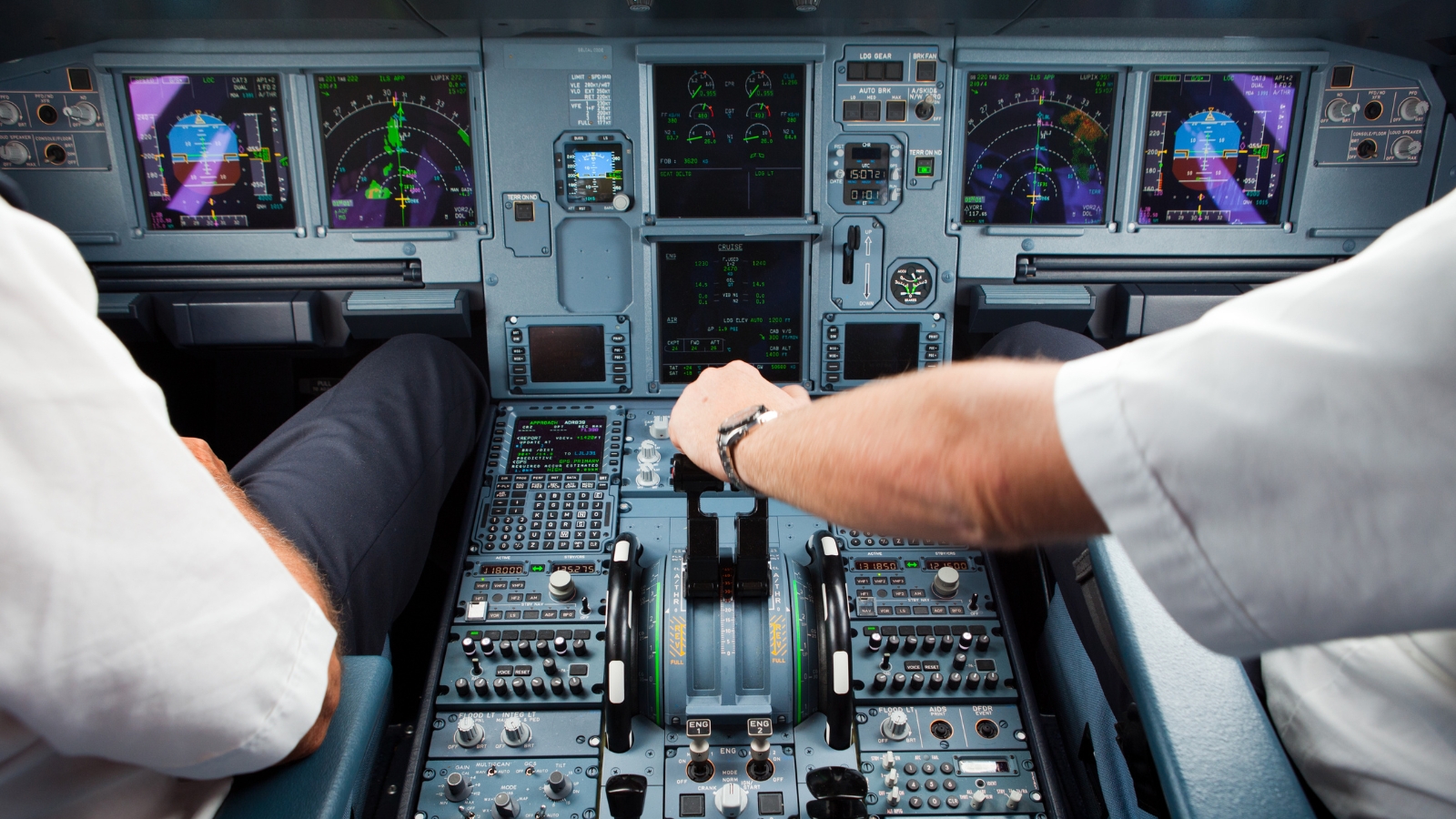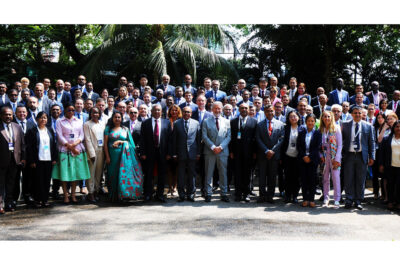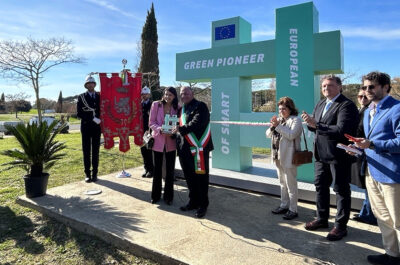This thought-provoking documentary by the Dutch broadcast organization BNNVARA sheds light on alarming practices within the aviation industry, raising significant doubts about the safety of European air travel.
BRUSSELS – European pilots and cabin crew feel strongly that flight safety is no longer the primary concern of the European Aviation Safety Agency (EASA) and of some industry stakeholders. In a compelling new documentary, aviation professionals express their fears and profound disappointment with the state of aviation safety in Europe.
The documentary paints a disturbing picture of EASA, showing indications of being unduly influenced by economic pressures from industry stakeholders. The Agency’s failure to address safety concerns and its dismissive attitude towards scientific studies have eroded trust and confidence among aviation workers. The European Commission, responsible for overseeing EASA, has also quietly withdrawn from its responsibility and accountability.

European Cockpit Associaton (ECA) President Capt. Otjan de Bruijn emphasises the tragic lack of judgment displayed by EASA: “Scientific studies from reputable institutions like the London School of Economics, Ghent University (Belgium), and the Karolinska Institute in Sweden, consistently highlighting the impact of job insecurity on flight safety, have been unjustly dismissed. EASA’s refusal to acknowledge these findings raises serious questions about its commitment to safety.”
The studies* reveal a chilling reality: non-traditional employment practices compromise safety decision-making in European cockpits. Pilots employed in atypical ways are less likely to voice safety concerns, more prone to taking risks, flying while sick and fatigued and lack confidence in safety reporting processes. The Agency’s dismissive attitude has let a culture of fear and intimidation flourish in the industry, making it harder to report safety concerns and putting commercial interests above safety.
“Unfortunately, I believe, we can speak about a widespread culture of fear and intimidation within European aviation”, says ECA Deputy Secretary General Ignacio Plaza. “A few outspoken industry leaders have created this culture and EASA has been the silent partner enabling it with its passive attitude towards safety concerns. Pilots don’t report or speak up, safety issues remain hidden. Of those who dare, many face disciplinary measures and retaliation. All this can end very badly one day because the entire aviation safety chain is simply broken.”
The documentary also calls into question the role of the European Commission and its responsibility in ensuring the safety of European passengers. Despite repeated pleas and studies highlighting urgent issues, the Commission has failed to address the problem of bogus self-employment in aviation, leaving pilots and cabin crew vulnerable. The recent rejection of revising Regulation 1008/2008 underscores the Commission’s apathy towards aircrew concerns in general. Moreover, the EU Commission is supposed to oversee EASA and ensure the agency is independent from commercial interests.
“The Commissioner for Transport’s absence in the documentary speaks volumes, reflecting her typical approach to aviation issues throughout her mandate,” says ECA President Otjan de Bruijn. “As her mandate concludes soon, urgent attention is needed to address the aviation industry’s persistent challenges. It is clear that EASA and the European Commission must do some serious soul searching and fulfil their responsibilities, ensuring passengers’ safety without compromise.”
* According to Ghent University, nearly half of self-employed pilots struggle to address airline instructions that conflict with their own safety or liability concerns. This alarmingly high number demonstrates how non-traditional employment can influence the independent decision-making process and safety choices made by crews before or during flights. Similar findings were revealed by a scientific study involving over 7,000 European pilots conducted by the London School of Economics (LSE) and EUROCONTROL in November 2016. The study found that pilots on non-traditional contracts have a significantly more negative perception of their airline’s safety culture compared to directly employed colleagues. This reveals a substantial gap between the two groups. As a result of atypical employment, pilots are less likely to voice safety concerns, more prone to taking risks, less confident in the fair treatment of safety reports, less satisfied with the confidentiality of reporting and investigation processes, less involved in safety activities, more likely to work while sick, experience more frequent fatigue on the job, and have less confidence in filing fatigue reports.
Theodore is the Co-Founder and Managing Editor of TravelDailyNews Media Network; his responsibilities include business development and planning for TravelDailyNews long-term opportunities.




















































































































































































































